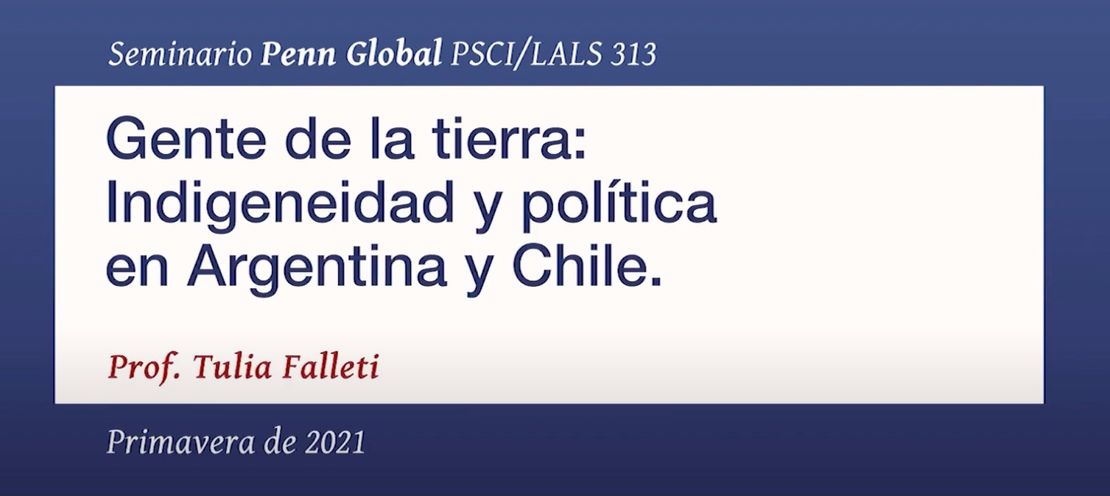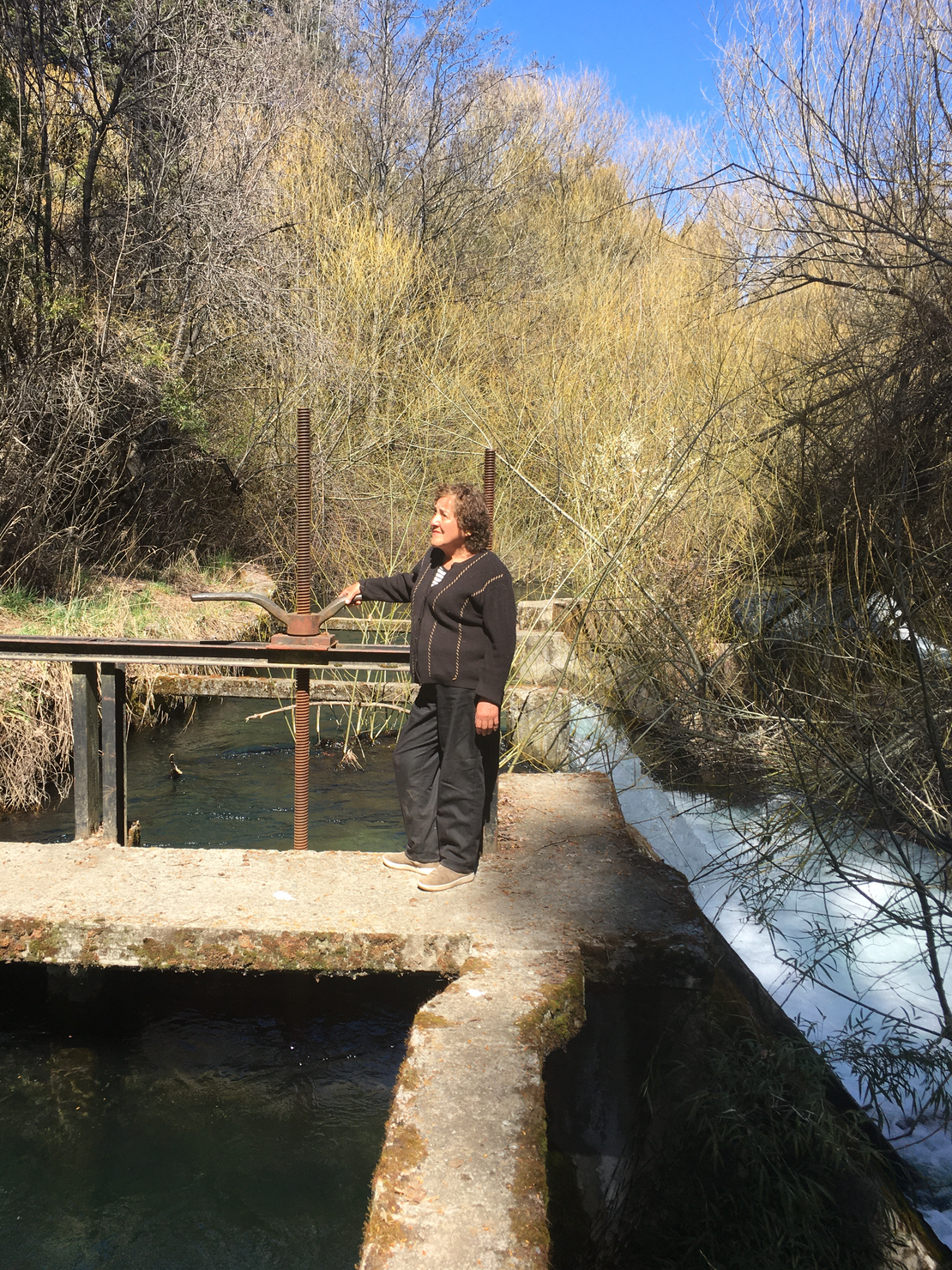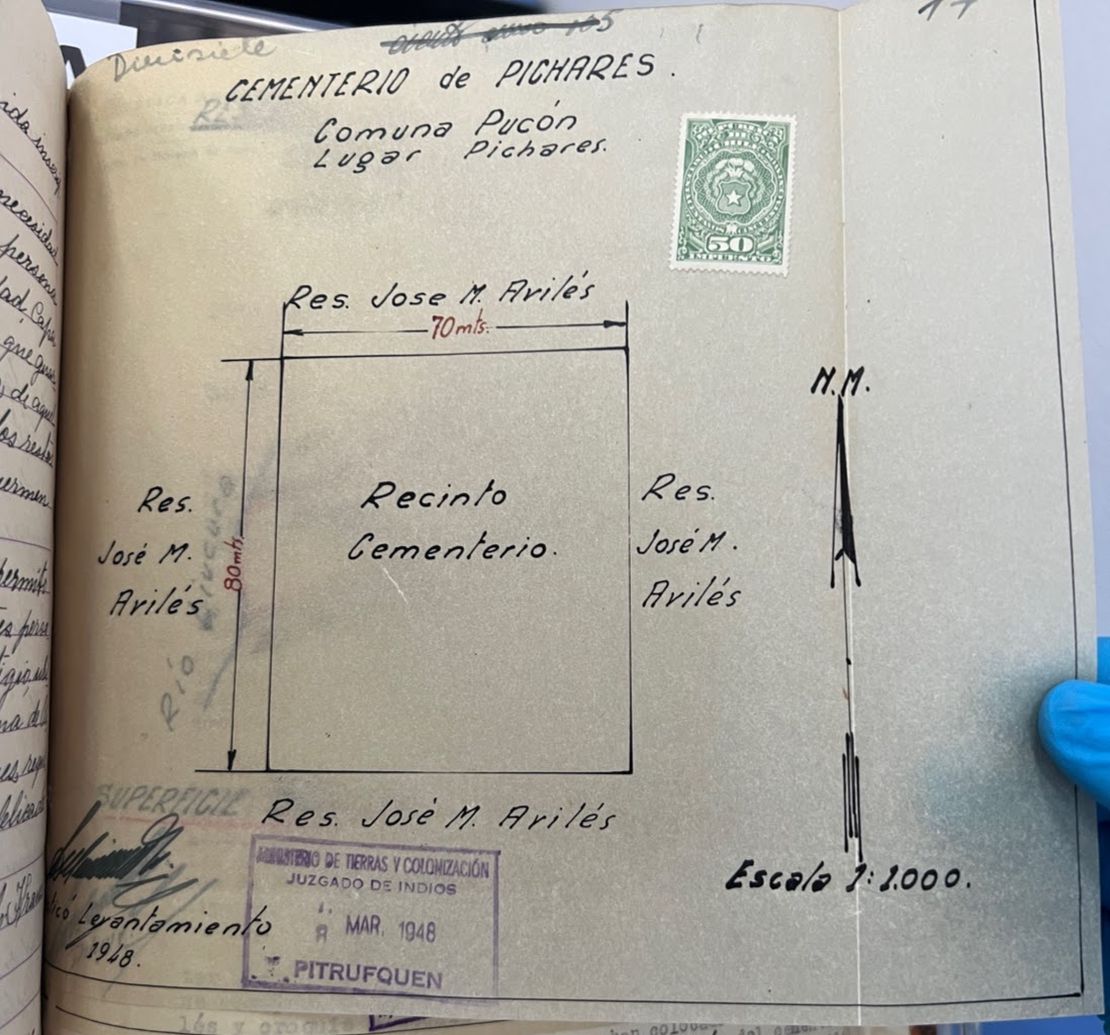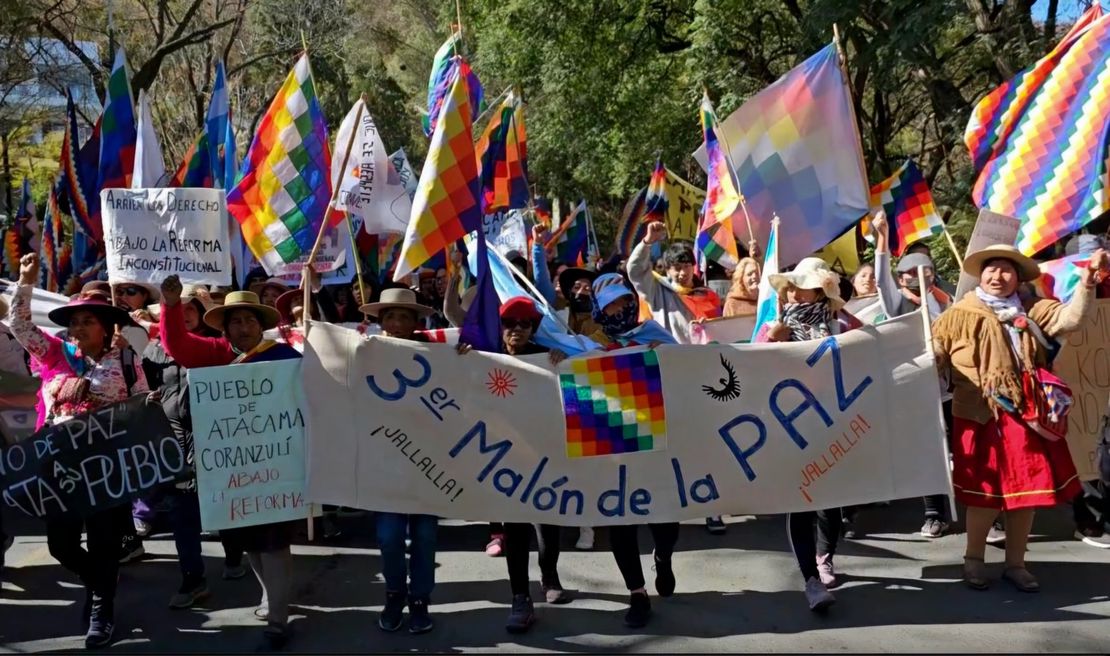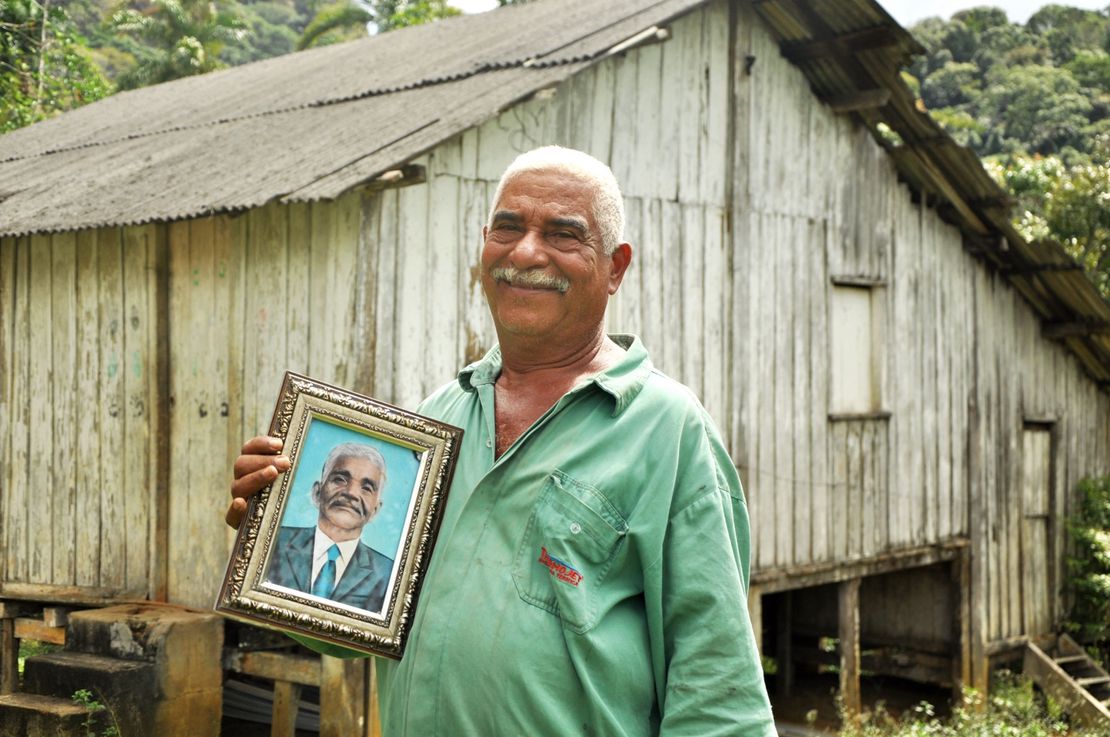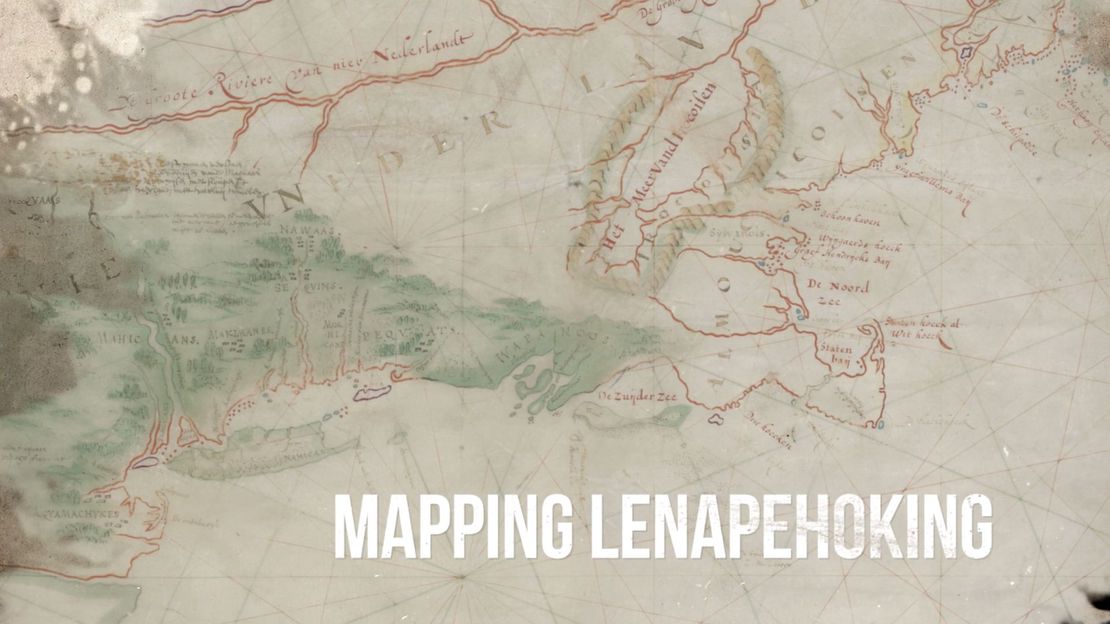Abstract
This video features interviews by undergraduate students from the University of Pennsylvania with eight Mapuche leaders and two Indigenous rights lawyers, addressing the following questions:
What does it mean to be Mapuche?
What is their relationship with the territory?
How are health and illness viewed from a Mapuche perspective?
What actions make them proudest?
What are their dreams for the Mapuche People?
This video is the final project of an undergraduate seminar I taught at the University of Pennsylvania in the first semester of 2021, during the Covid-19 pandemic, and therefore conducted via Zoom. It featured the participation of 16 undergraduate students, one doctoral student, and a teaching assistant (all listed at the end of the video). The leaders and lawyers interviewed were, in order of appearance in the video:
Lorena Bravo, Werkén of the Mapuche community Campo Maripé (Neuquén, Argentina)
Felipe Colipán, Werkén of the Consejo Zonal Wijice of the Confederación Mapuche de Neuquén
Gabriel Cherqui, Werkén of the Mapuche community Kaxipayiñ (Neuquén, Argentina)
Lorenzo Loncón, Werkén of the Mapuche community Paichil Antreao (Neuquén, Argentina)
Patricia Quintriqueo, Werkén of the Mapuche community Quintriqueo (Neuquén, Argentina)
Antonio Daniel Salazar, Lonko Lof Geygeiwal and Coordinator of the Consejo Zonal Pewence (Departament of Aluminé, Neuquén, Argentina)
Verónica Huilipán, Werkén of the Mapuche community Quintriqueo (Neuquén, Argentina)
Micaela Gomiz, lawyer, President of the Asociación de Abogados de Derecho Indígena (AADI, Argentina) and founding member of the Observatorio de Derechos Humanos de Pueblos Indígenas (ODHPI, Argentina)
Juan Manuel Salgado, lawyer specialized in Indigenous law, former judge, and founding member of the Observatorio de Derechos Humanos de Pueblos Indígenas (ODHPI, Argentina)
The main goal of the course was to comparatively study the organization of Indigenous communities and analyze their political demands regarding plurinationality, self-determination, territory, prior consultation, living well, and intercultural education and health, as well as the different ways in which States repress, ignore, or address such demands.
The units and lectures we studied were the following (listed in their original publication language):
Week 1: Introduction to the course and our community
- Cote-Meek, Sheila. 2018. “We need to dismantle the systems that perpetuate discrimination: be prepared to stand up and speak up when you hear and see things that are inappropriate”, University Affairs.
Week 2: Decolonizing and Indigenizing the Academy
Wilson, Angela Cavender [or Wiziyataxin]. 2004. “Reclaiming Our Humanity: Decolonization and the Recovery of Indigenous Knowledge.” In Indigenizing the Academy, ed. A. C. o. W. Wilson and D. A. Mihesuah. Lincoln and London: University of Nebraska Press, 69-87.
Mihesuah, Joshua K. 2004. “Graduating Indigenous Students by Confronting the Academic Environment.” In Indigenizing the Academy, ed. D. A. Mihesuah and A. C. o. W. Wilson. Lincoln and London: University of Nebraska Press, 191-9.
The Canadian experience:
MacDonald, Moira. 2016. “Indigenizing the Academy,” University Affairs.
Henville, Letitia and Amie Wolf. 2019. “Decolonizing your grant application: to adopt a decolonizing approach, you’ll need to know what Indigenous sovereignty looks like”, University Affairs.
Week 3: Decolonizing and Indigenizing Political Science
De la Torre, Joely [or Proudfit Joely]. 2004. “A Critical Look at the Isolation of American Indian Political Practices in the Nonempirical Social Science of Political Science”. In Indigenizing the Academy. Transforming Scholarship and Empowering Communities, ed. D. A. Mihesuah and A. C. o. W. Wilson. Lincoln and London: University of Nebraska Press, 174-90.
Ferguson, Kennan. 2016. “Why does Political Science hate American Indians?” Perspective on Politics, Vol. 14 (4), 1029-1041. Available here and in Shared PennBox (SPB)
Falleti, Tulia G. 2020. “Invisible to Political Science: Indigenous Politics in a World in Flux,” review essay, Journal of Politics, Nov.
Weeks 4 and 5: The Uncomfortable Question: Who is an Indian?
Forte, Maximilian C. (ed.). 2013. Who is an Indian? Race, Place, and the Politics of Indigeneity in the Americas. Toronto, Buffalo, London: University of Toronto Press.
Couturier, Catherine. 2020. “Researchers examine the Growing phenomenon of “self-Indigenization”, University Affairs.
Bouchard, Michael et al. 2020. “We need a wider, more nuanced view of Métis diversity”, University Affairs.
Week 6: Research Methodologies and our Positionality
Kovach, Margaret. 2018. “Doing Indigenous Methodologies. A letter to a Research Class.” In The Sage Handbook of Qualitative Research. Fifth Edition, ed. N. K. Denzin and Y. S. Lincoln. Los Angeles: SAGE Publications Inc., 214-34.
Rodríguez-Garavito, César. 2014. “Amphibious Sociology: Dilemmas and possibilities of public sociology in a multimedia world.” Current Sociology Monograph 62 (2), 156-67.
About in-depth interviewing in political science, in contexts of conflict, and as a non-Indigenous researcher:
MacLean, Lauren M. 2013. “The Power of the Interviewer.” In Interview Research in Political Science, ed. L. Mosley. Ithaca and London: Cornell University Press, 67-83.
Reno, William. 2013. “The Problem of Extraterritorial Legality.” In Interview Research in Political Science, ed. L. Mosley. Ithaca and London: Cornell University Press, 159-78.
Falleti, Tulia G. 2024. “Studying Indigenous Peoples’ Politics: Recommendations for Non-Indigenous Researchers” in Cyr, Jennifer and Sara Wallace Goodman, Editors, Doing Good Qualitative Research, Oxford University Press, Chapter 24.
Week 7: Research with Indigenous communities and Ethical Issues
Video: El Etnógrafo (2012) by Ulises Rossell. (1 hour 26 minutes)
Tarducci, Mónica. 2013. “Abusos, mentiras y videos.” Desde el derecho (UNAM), 219-31.
Brooks, Sara M. 2013. “The Ethical Treatment of Human Subjects and the Institutional Review Board Process.” In Interview Research in Political Science, ed. L. Mosley. Ithaca and London: Cornell University, 45-66 and 246-8.
Week 8: The Conquest, Colonialism, and Development
Lange, Matthew, James Mahoney, and Matthias von Hau. 2006. “Colonialism and Development: A Comparative Analysis of Spanish and British Colonies.” American Journal of Sociology 111 (5), 1412-62.
Restall, Matthew. 2003. Seven Myths of the Spanish Conquest. Oxford and New York: Oxford University Press. Chapter 4 “Under the Lordship of the King. The Myth of Completion”, 64-76 and176-178.
Week 9: A subtle revolution: Indigenous Rights and Global Politics
Lightfoot, Sheryl. 2016. Global Indigenous Politics. A Subtle Revolution. New York: Routledge. Chapters 1 and 2 (pp. 1-71) and Chapters 3 and 8 (pp. 72-92 and 199-212).
Lafken: Historia de una Ley – (https://www.youtube.com/watch?v=gw4WvAW-Vu4 - 1 hour and 15minutes)
Week 10: Dispossessions of Land, Bodies, and Cultural Heritage: Argentina in Comparative Perspective
Delrio, Walter, Diana Lenton, Marcelo Musante, Mariano Nagy, Alexis Papazian, and Pilar Pérez. 2010. “Del silencio al ruido en la Historia. Prácticas genocidas y pueblos originarios en Argentina.” In III Seminario Internacional Políticas de la Memoria. Centro Cultural de la Memoria Haroldo Conti. Buenos Aires. Pdf available here.
Salgado, Juan Manuel, nd. “Estado, derecho y pueblos originarios. El pluralism jurídico,” lecture given at the Universidad Nacional de la Patagonia San Juan Bosco, Facultad de Ciencias Jurídicas, Filosofía del Derecho.
Falleti, Tulia G. et al. 2020 “Dispossessions in the Americas: The Extraction of Bodies, Land, and Cultural Heritage from La Conquista to the present”, Andrew W. Mellon Foundation Just Futures Initiative grant proposal narrative.
Week 11: The Mapuche People in Neuquén
Briones, Claudia. 2002. “We Are Neither and Ethnic Group Nor a Minority, but a Pueblo-Nación Originario. The Cultural Politics of Organizations with Mapuche Philosophy and Leadership.” In Contemporary Perspectives on the Native Peoples of Pampa, Patagonia, and Tierra del Fuego. Living on the Edge, ed. C. Briones and J. L. Lanata. Wesport, Connecticut and London: Bergin and Garvey, 101-20.
Salgado, Juan Manuel, Micaela María Gomiz, and Verónica Huilipan. 2010. “Informe de situación de los Derechos Humanos del Pueblo Mapuce en la Provincia del Neuquén, 2009-2010.” ed. ODPHI. Neuquén, Argentina/ Newken, Puel Mapu.
Sapag, Felipe, 1963. Discurso liminar del Gobernador del 12 de Octubre, accessible at: http://histneuq.blogspot.com/2010/07/el-12-de-octubre-de-1963-felipe-sapag.html
Sapag, Felipe, 1999. Discurso del Gobernador, 1 de mayo, accessible at: http://constitucionweb.blogspot.com/2012/03/mensaje-del-gobernador-de-neuquen_960.html
Decree 737/1964; of registry of indigenous communities of Neuquén and territorial claims.
Video: Verónica Huilipán en el Conversatorio TICCA-FAUB, Werken del Lof Kinxikew, June 5, 2020, https://www.youtube.com/watch?v=pNE-b1dyw3Y
Week 12 and 13: The Mapuche People in Vaca Muerta: Oil, Gas and Fracking
Falleti, Tulia G., and Thea Riofrancos. 2018. “Endogenous Participation: Strengthening Prior Consultation in Extractive Economies.” World Politics 70(1), 86-121.
Read also the following blogpost: https://kleinmanenergy.upenn.edu/news-insights/presidential-elections-and-fracking-in-argentina/
And check out the website of the Observatorio Petrolero Sur: https://opsur.org.ar/english/
Week 14: Indigenous land claims, tourism, and real-estate development
Kvme Felen / Plan de Vida, “El Buen Vivir desde el Territorio Mapuce. La experiencia de pu Lof Kintupuray, Kinxikew y Paicil Antriao. Villa la Angostura – Neuquén, Argentina, Puelmapu, Consejo Zonal Lafkenche.
Observatorio de Derechos Humanos de Pueblos Indígenas (ODHPI), 2013. Huellas y Senderos. Informe final de los resultados del relevamiento territorial histórico, social y cultural de la comunidad mapuce Lof Paichil Antriao, Neuquén, Puel Mapu (Argentina)
Arach, Adriano; Quintriqueo, Segundo, et al. sd. Plan de Ordenamiento Integral en la Comunidad Mapuce Lof Kinxikew en Jurisdicción del Parke Nacional Nahuel Huapi. Plan de trabajo equipo intercultural-interinstitucional-interdisciplinario.
Week 15: Territory, cultural heritage, and spiritual sites
- Equipo Interdisciplinar e Intercultural del Proyecto. 2010. Propuesta para un Kvme Felen Mapuce, Neuquén, Argentina- Newken, Puel Mapu.
Week 16: Intercultural Health
- Falleti, Tulia G., Santiago L. Cunial, Selene Bonczok Sotelo, and Favio Crudo. 2024. “State and NGO Coproduction of Health Care in the Gran Chaco,” World Development, 176, 19 pages.
